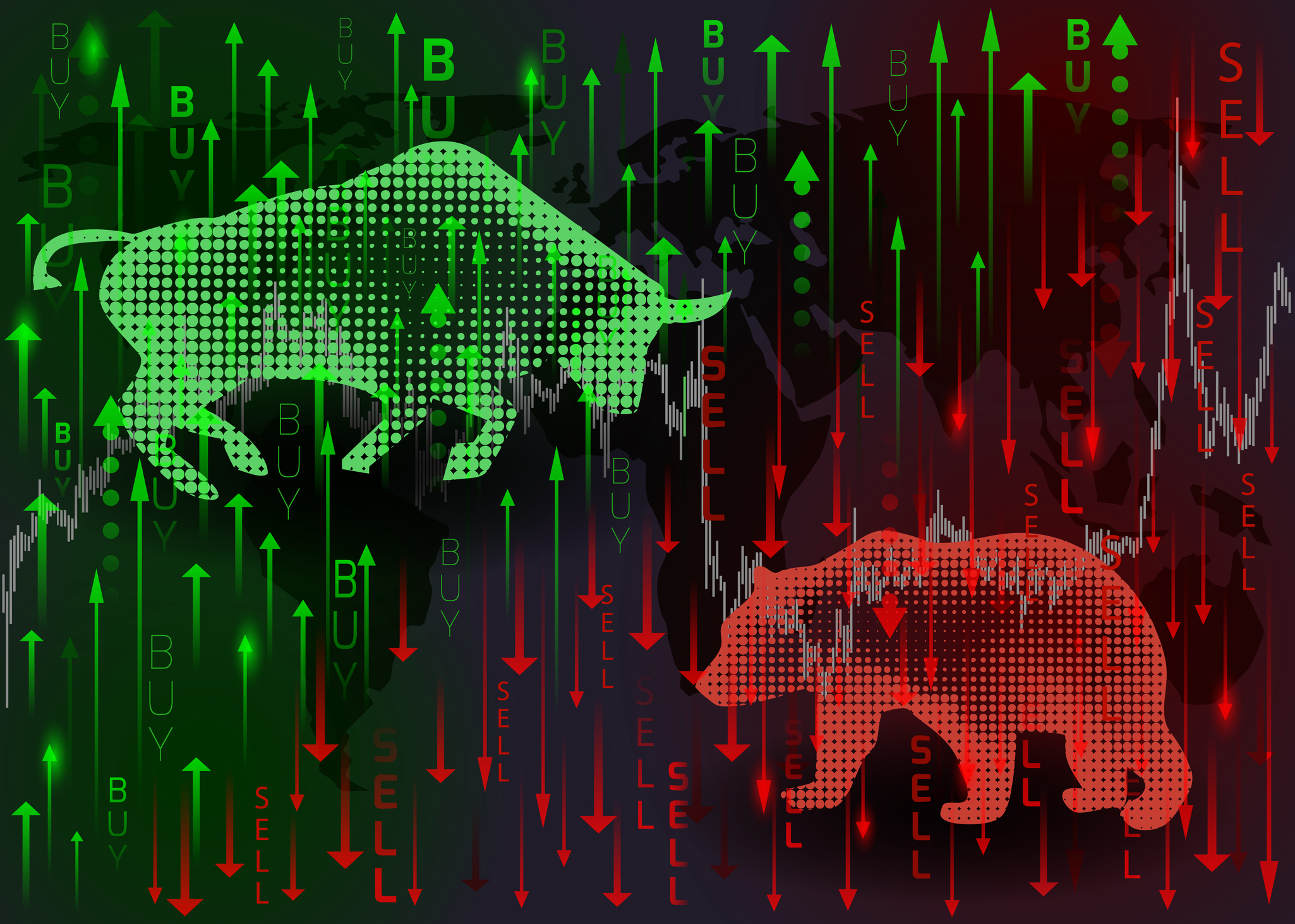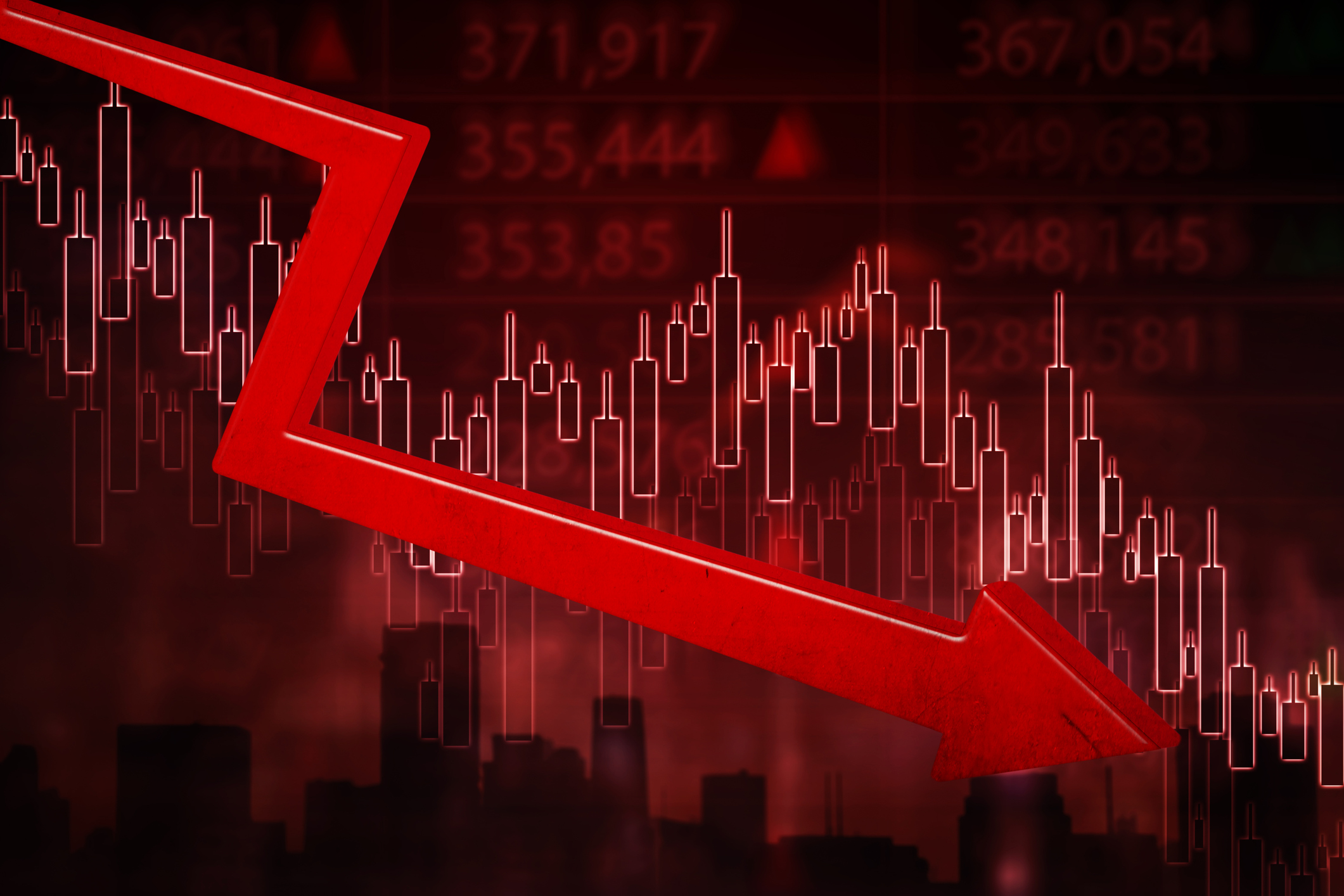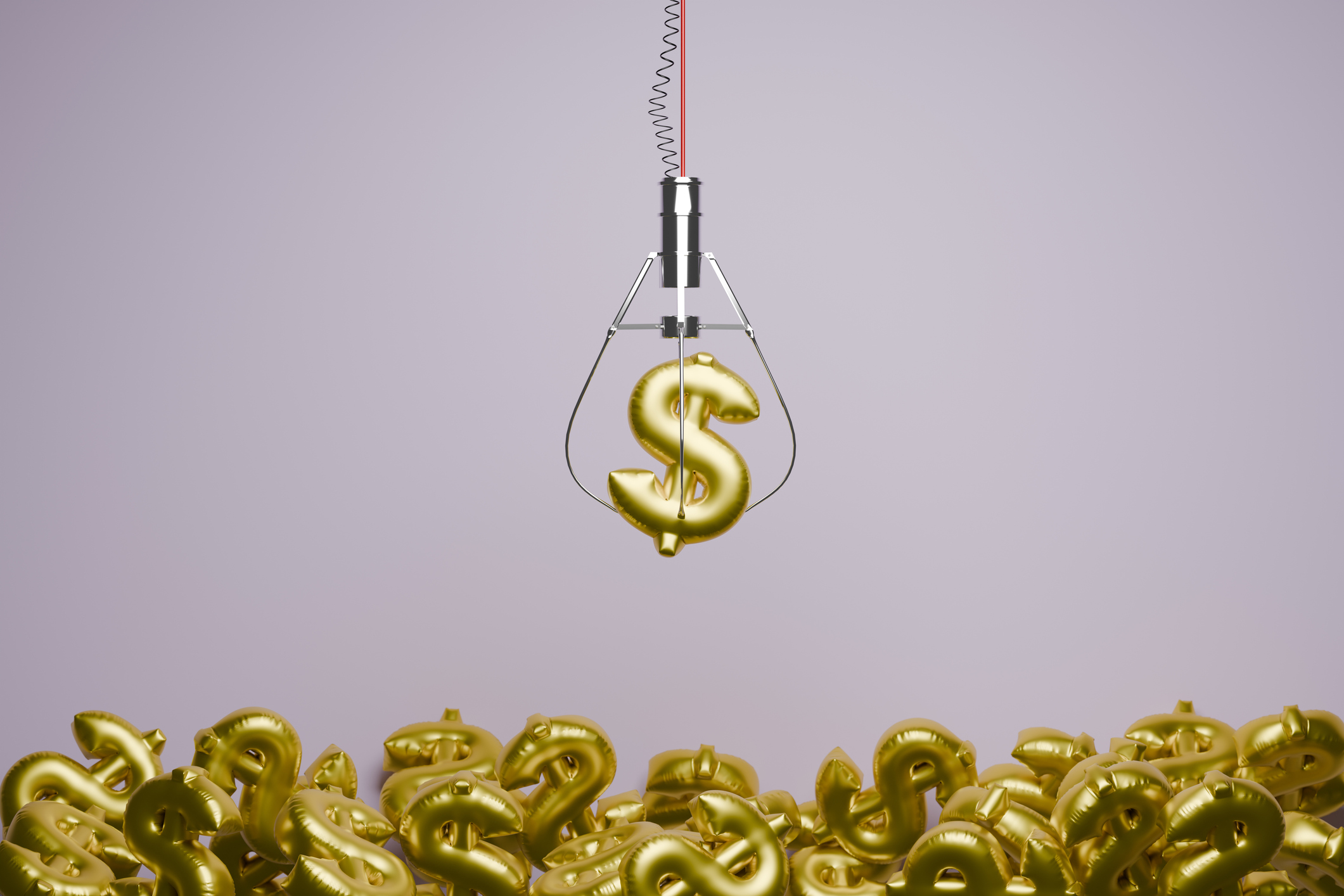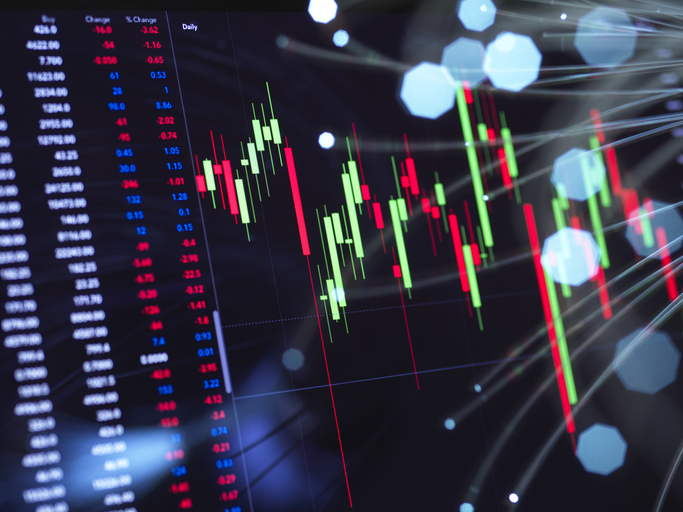Don't Give Up on This Wild Bull Market
Sticking with stocks has always been a struggle. Nine years into a bull market, it still is.

Profit and prosper with the best of Kiplinger's advice on investing, taxes, retirement, personal finance and much more. Delivered daily. Enter your email in the box and click Sign Me Up.
You are now subscribed
Your newsletter sign-up was successful
Want to add more newsletters?

Delivered daily
Kiplinger Today
Profit and prosper with the best of Kiplinger's advice on investing, taxes, retirement, personal finance and much more delivered daily. Smart money moves start here.

Sent five days a week
Kiplinger A Step Ahead
Get practical help to make better financial decisions in your everyday life, from spending to savings on top deals.

Delivered daily
Kiplinger Closing Bell
Get today's biggest financial and investing headlines delivered to your inbox every day the U.S. stock market is open.

Sent twice a week
Kiplinger Adviser Intel
Financial pros across the country share best practices and fresh tactics to preserve and grow your wealth.

Delivered weekly
Kiplinger Tax Tips
Trim your federal and state tax bills with practical tax-planning and tax-cutting strategies.

Sent twice a week
Kiplinger Retirement Tips
Your twice-a-week guide to planning and enjoying a financially secure and richly rewarding retirement

Sent bimonthly.
Kiplinger Adviser Angle
Insights for advisers, wealth managers and other financial professionals.

Sent twice a week
Kiplinger Investing Weekly
Your twice-a-week roundup of promising stocks, funds, companies and industries you should consider, ones you should avoid, and why.

Sent weekly for six weeks
Kiplinger Invest for Retirement
Your step-by-step six-part series on how to invest for retirement, from devising a successful strategy to exactly which investments to choose.
I get a kick out of the investment experts who are now telling us that making money in stocks isn’t going to be easy anymore. For instance, Howard Marks of Oaktree Capital proclaimed earlier this year: “The easy money has been made.”
I hate to pick on Marks because he’s a brilliant investor. But this time he’s dead wrong. I don’t know where Marks has been the past nine years. But investing in stocks has hardly been “easy.”
This Nine-Year Bull Market Took Work
To start with, no investor I know has forgotten the savage 2007-09 bear market. Standard & Poor’s 500-stock index plunged 55.3% – making it the worst bear market since the Great Depression. Coming so soon after the 2000-02 tech-stock crash, the S&P 500 for a time was showing losses for people who’d stayed patiently invested for more than 10 years.
From just $107.88 $24.99 for Kiplinger Personal Finance
Become a smarter, better informed investor. Subscribe from just $107.88 $24.99, plus get up to 4 Special Issues

Sign up for Kiplinger’s Free Newsletters
Profit and prosper with the best of expert advice on investing, taxes, retirement, personal finance and more - straight to your e-mail.
Profit and prosper with the best of expert advice - straight to your e-mail.
During the selloff, I got panicked calls from investors with regularity. At the tail end of February 2009, three clients – including my very own sister, whose money I’ve been managing for 20 years – called and insisted I sell everything. All their stocks.
The bull market started, of course, on March 10, 2009, and it has seen the S&P 500 rise by 388.9% over nine-plus years through May 30. But how easy was it to stay invested?
In the back of my mind was always the fear that we’d revisit the lows of March 2009. Meanwhile, there were more than few potholes on the road to investment success, and they sprung up pretty quickly.
Start with General Motors (GM), which filed for Chapter 11 bankruptcy protection on June 1, 2009. The government took a major stake in GM to keep it afloat. The bull market had begun months ago, but few investors had any confidence in stocks.
Former President Barack Obama’s fledgling administration and Congress pumped more than $800 billion in stimulus into the economy. Even then, the economy, while no longer in recession, grew at a slow and disappointing rate. Investors fretted constantly that the U.S. would slip back into recession.
Then-Federal Reserve Chairman Ben Bernanke kept short-term interest rates near zero throughout the Obama years. In Europe and Japan, central bankers at times pushed short-term interest rates below zero. Bernanke also pumped trillions of dollars into the financial system by purchasing Treasury bonds in a never-before-tried effort to keep the economy from falling into a deflationary spiral.
If things were bad in the U.S., they were worse in the rest of the developed world. The PIIGS (the acronym for Portugal, Ireland, Italy, Greece and Spain) all took on unsustainable levels of debt. In December 2009, Greece admitted its government owed $300 billion – an untenable amount for such a small economy. The European crisis festered throughout the next several years as the European Union bailed out Greece and resisted kicking the company out of the single-currency group.
In the U.S., a painfully slow economic recovery along with anger at the Obama administration’s bailout of the big banks led in 2010 to the Tea Party movement. Led by the Tea Party, the Republicans picked up six Senate and 63 House seats.
Once in office in 2011, the Republicans refused to raise the federal debt limit, nearly forcing the government to default on its debt. Standard & Poor’s lowered the credit rating of U.S. government debt.
From April 29 through Oct. 3 of 2011, the S&P 500 lost 19.4%, just barely escaping falling into a bear market. Investors were frightened that the Great Recession wasn’t really over. Certainly, a debt default would have crippled the U.S. economy.
Most of my clients had held steady during the 2007-09 bear market, but in 2011, many felt it was time to trim their exposure to stocks. Even I felt like it was the right thing to do.
Yet the S&P managed to finish with a 2.1% gain in 2011. The U.S. debt default crisis caused more damage abroad than in the U.S. Indeed, foreign money flooded into U.S. Treasuries, of all places, amid the crisis. The MSCI EAFE index of stocks in foreign developed countries fell 12.1% in 2011, and the MSCI Emerging Markets index tumbled 18.4% – and lost money in three of the four subsequent years.
The U.S. bull just kept moving forward.
Hindsight Is 20/20
Look, I could go on forever, but I think you get the point. Commentators describe the current bull market as “the most hated” in history. I don’t see it so much hated as it was doubted. Investors, including yours truly, have been waiting for years for the other shoe to drop.
The talk changes from week to week. Trade wars. North Korea. The Shiller price-earnings ratio being too high for stocks to do anything but plummet. Quarterly earnings were terrific, but the best is behind us, analysts say: The easy money has been made.
We may look back and find that the current bull market may have ended Jan. 26 when it began a 10.2% decline. But it may continue another couple of years.
Either way, the lesson is clear: It’s almost always hard to invest your hard-earned money in the stock market, because it’s almost always volatile – and because there are always good, sound reasons why doom is just over the horizon.
But over the long term, the stock market has always produced wonderful returns, roughly 10% annualized in the U.S. and about 8%, on average, in foreign countries.
If you’ve stayed invested over the past nine-plus years, give yourself a well-deserved pat on the back. If you haven’t, now is as good a time as any to get started investing in the stock market. It’s never going to be easy to make money in stocks – but those who stay invested will reap the rewards.
Steve Goldberg is an investment adviser in the Washington, D.C., area.
Profit and prosper with the best of Kiplinger's advice on investing, taxes, retirement, personal finance and much more. Delivered daily. Enter your email in the box and click Sign Me Up.

-
 How Much It Costs to Host a Super Bowl Party in 2026
How Much It Costs to Host a Super Bowl Party in 2026Hosting a Super Bowl party in 2026 could cost you. Here's a breakdown of food, drink and entertainment costs — plus ways to save.
-
 3 Reasons to Use a 5-Year CD As You Approach Retirement
3 Reasons to Use a 5-Year CD As You Approach RetirementA five-year CD can help you reach other milestones as you approach retirement.
-
 Your Adult Kids Are Doing Fine. Is It Time To Spend Some of Their Inheritance?
Your Adult Kids Are Doing Fine. Is It Time To Spend Some of Their Inheritance?If your kids are successful, do they need an inheritance? Ask yourself these four questions before passing down another dollar.
-
 S&P 500 Hits New High Before Big Tech Earnings, Fed: Stock Market Today
S&P 500 Hits New High Before Big Tech Earnings, Fed: Stock Market TodayThe tech-heavy Nasdaq also shone in Tuesday's session, while UnitedHealth dragged on the blue-chip Dow Jones Industrial Average.
-
 3M, GM, Blue Chips Lead to the Upside: Stock Market Today
3M, GM, Blue Chips Lead to the Upside: Stock Market TodayThe S&P 500 followed the Dow Jones Industrial Average into green territory, but the Nasdaq lagged the other indexes because of its tech exposure.
-
 Stocks Are Down for a Third Straight Day: Stock Market Today
Stocks Are Down for a Third Straight Day: Stock Market TodayStocks have come a long way in a short time since April and remain near all-time highs as the end of the third quarter approaches.
-
 What Tariffs Mean for Your Sector Exposure
What Tariffs Mean for Your Sector ExposureNew, higher and changing tariffs will ripple through the economy and into share prices for many quarters to come.
-
 5 Undervalued Stocks to Buy Now
5 Undervalued Stocks to Buy NowThere are plenty of high-quality undervalued stocks to buy right now, you just need to know where to look. Here, we highlight five of our top picks.
-
 Dow Jones Industrial Average Nears New Highs: Stock Market Today
Dow Jones Industrial Average Nears New Highs: Stock Market TodayThe successor to the first stock market index is getting up there with the S&P 500 and the Nasdaq Composite in all-time-high territory.
-
 Dow Leads as Merck, Amgen Gain: Stock Market Today
Dow Leads as Merck, Amgen Gain: Stock Market TodaySecond-quarter earnings season remained top of mind Tuesday, with Coca-Cola and GM among those reporting.
-
 AI vs the Stock Market: How Did Value Stocks, Gold and PayPal Perform in April?
AI vs the Stock Market: How Did Value Stocks, Gold and PayPal Perform in April?AI is a new tool for investors to use for data analysis, but can it beat the stock market? Here's how a chatbot's stock picks fared in April.